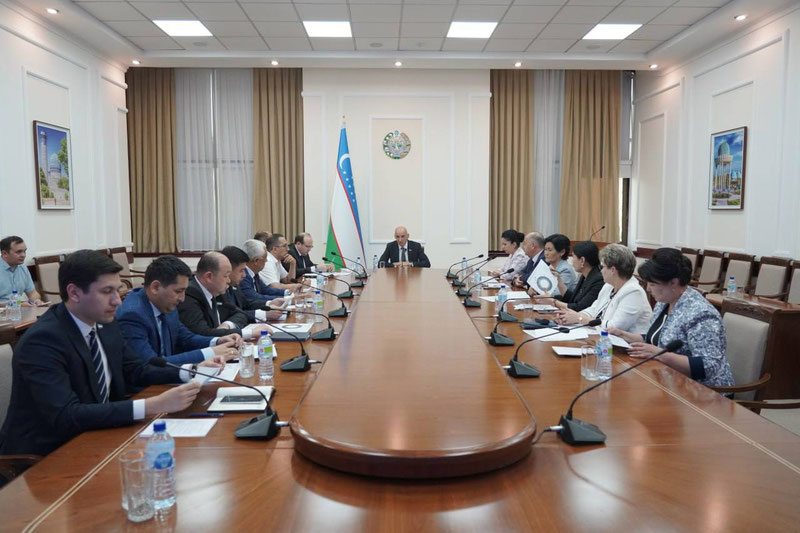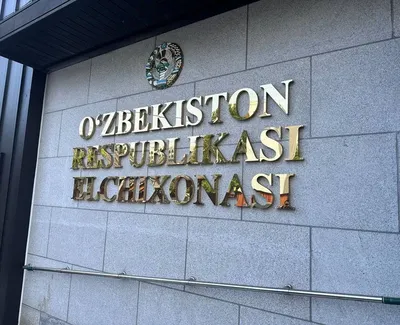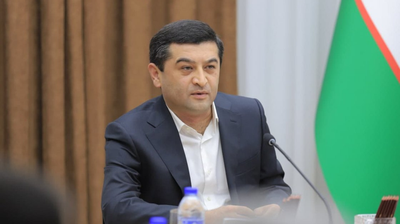Today, on May 7, a roundtable discussion was held in the Committee on Innovative Development and Information Technologies of the Legislative Chamber of the Oliy Majlis, attended by deputies of the Legislative Chamber, representatives of the Agency for Information and Mass Communications, experts in the media sector, and representatives of mass media.
The participants of the roundtable discussed the rights of users of online platforms, the emerging social relationships in the field, and contemporary challenges at length.
It was noted that in the current era of openness policy in Uzbekistan, the internet and social networks are becoming an important tool to promptly satisfy citizens' need for information and to discuss urgent problems in society.
From this point of view, the importance of establishing clear mechanisms by law for protecting the rights and interests of Internet users, taking into account both the conveniences and threats of online platforms, was emphasized.
According to the officials of the Agency for Information and Mass Communications, a comprehensive draft law has been developed in collaboration based on the researches, explorations, and analyses of various state and public organizations, experts in the media sector, aimed at directly regulating the field.
It is emphasized that the purpose of the project is to legally solidify citizens' rights in using online platforms and websites, and to protect them from false information, incitement to hatred, violence, cruelty, and other various illegal content.
According to the draft law, the existing legislation in the information field will be significantly liberalized for online platforms. Also, it contemplates several norms aimed at eliminating existing regulatory gaps, primarily to:
Ensure legal clarity and consistency in the dissemination of information on the internet;
- Define clear conditions for online platforms and website owners to operate in Uzbekistan, creating an opportunity to accurately predict the conditions for their business models;
- Improve the legal foundations for dialogue and constructive cooperation between participants in the information field, including online platforms, bloggers, influencers, and regulatory state authorities;
- Create clear mechanisms for enhancing the safety of internet use, protecting children from harmful information;
- Provide legal guarantees for users to protect their dignity and respect from offensive information, with the possibility to seek assistance from the competent authority in necessary cases.
Experts recognize that the draft law distinguishes the responsibilities of influencers and bloggers, significantly easing the obligations of bloggers.
At the roundtable, the newly introduced legal institutions in the project were thoroughly reviewed, and a conclusion was reached to subject it to public discussion.






